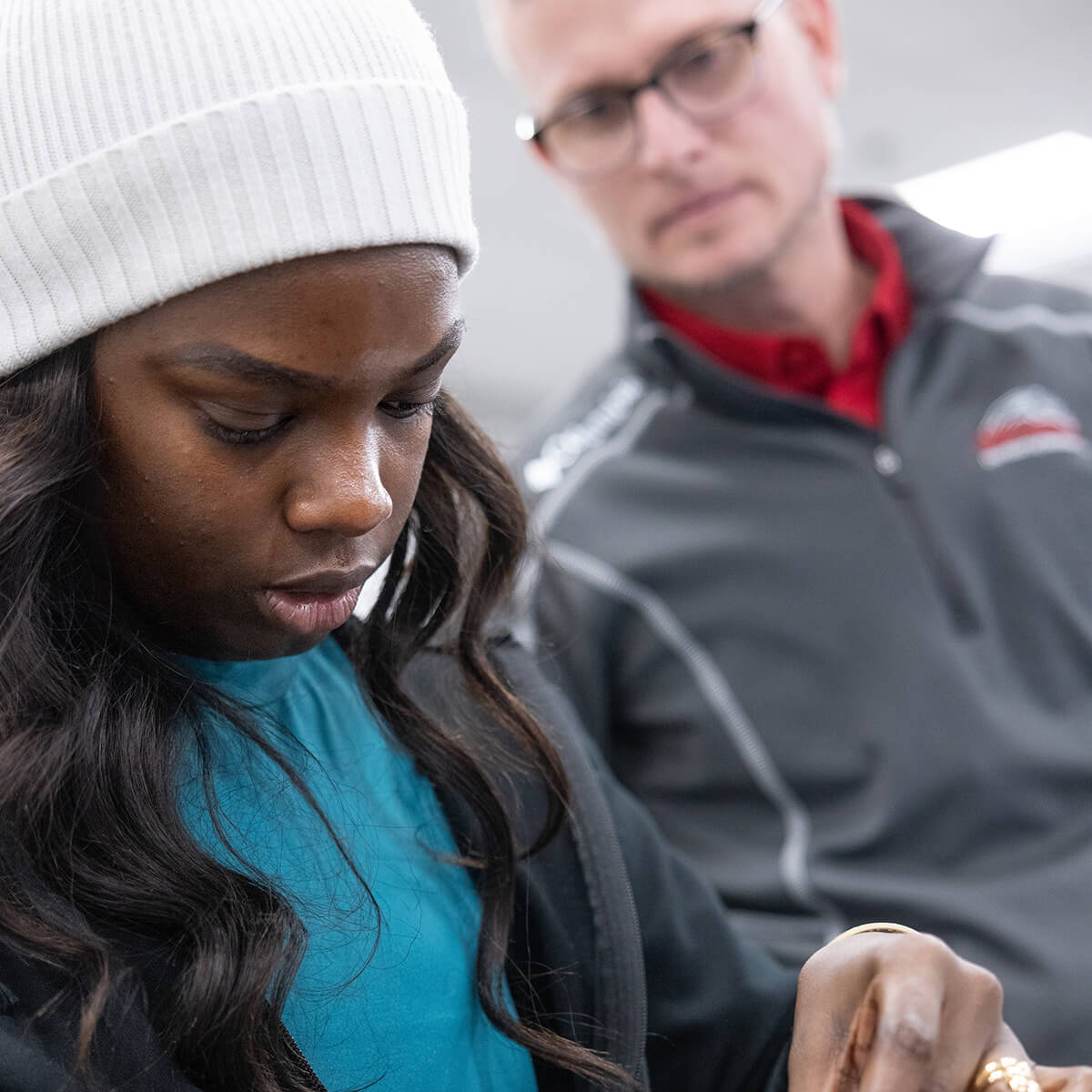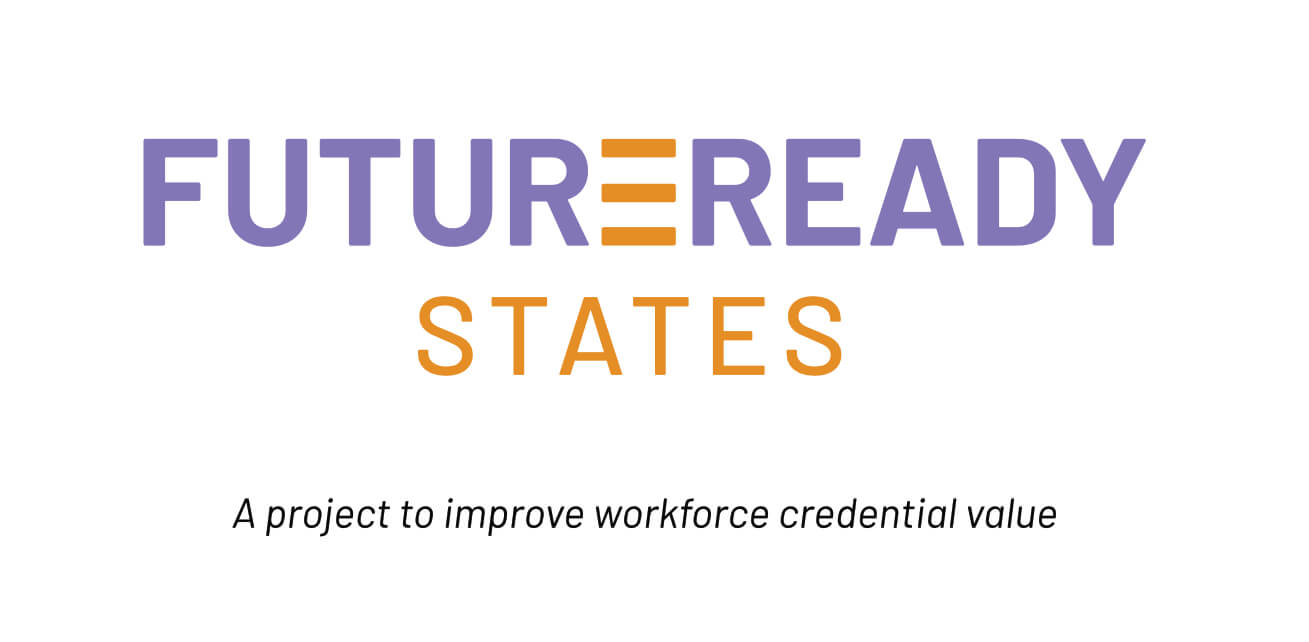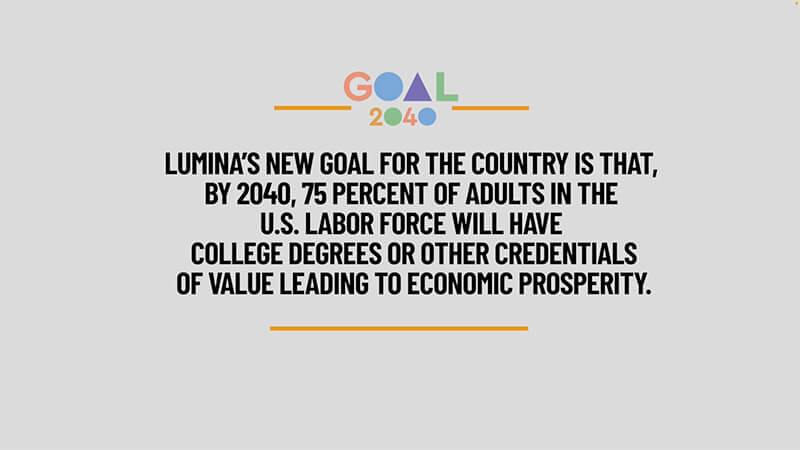12 states set out to define what makes a credential worth it
With more than a million certificate programs out there, how can students (or employers, for that matter) know which ones actually lead to better jobs and bigger paychecks?


As short-term credentials grow in popularity, states are stepping up to ensure they deliver real value. The new FutureReady States initiative supports 12 states in aligning education and workforce systems to identify, improve, and scale credentials of value, helping more adults gain meaningful opportunities in a fast-changing economy.
Read the news release: Lumina Foundation launches FutureReady States to better gauge workforce credential value »
With more than a million certificate programs out there, how can students (or employers, for that matter) know which ones actually lead to better jobs and bigger paychecks?


“Alabama has prioritized building a transparent, skills-based credentialing system that puts students, workers, and employers on the same page – and on the path to shared success. Our Alabama Credential Registry is proving that when you align talent with opportunity, everyone wins. I’m proud that Alabama is leading the way, and I applaud Lumina for challenging more states to follow suit.”
States Are spending billions on short-term credential degrees, but are they successful?

Here's what we hope to learn from FutureReady States.

By 2040, 75 percent of the U.S. labor force will have college degrees or other credentials of value leading to economic prosperity.

Targeted at adults over the age of 35, the project wants to improve public opinion about the benefits higher ed brings to the lives of all Americans.
Are you using the wealth of data already available to prove student ROI, track transfers, recapture stop-outs, and meet rising accountability demands head on?
JC Bonilla sits down with Dr. Paul Russo, Vice Provost and Founding Dean of the Katz School of Science and Health at Yeshiva University.